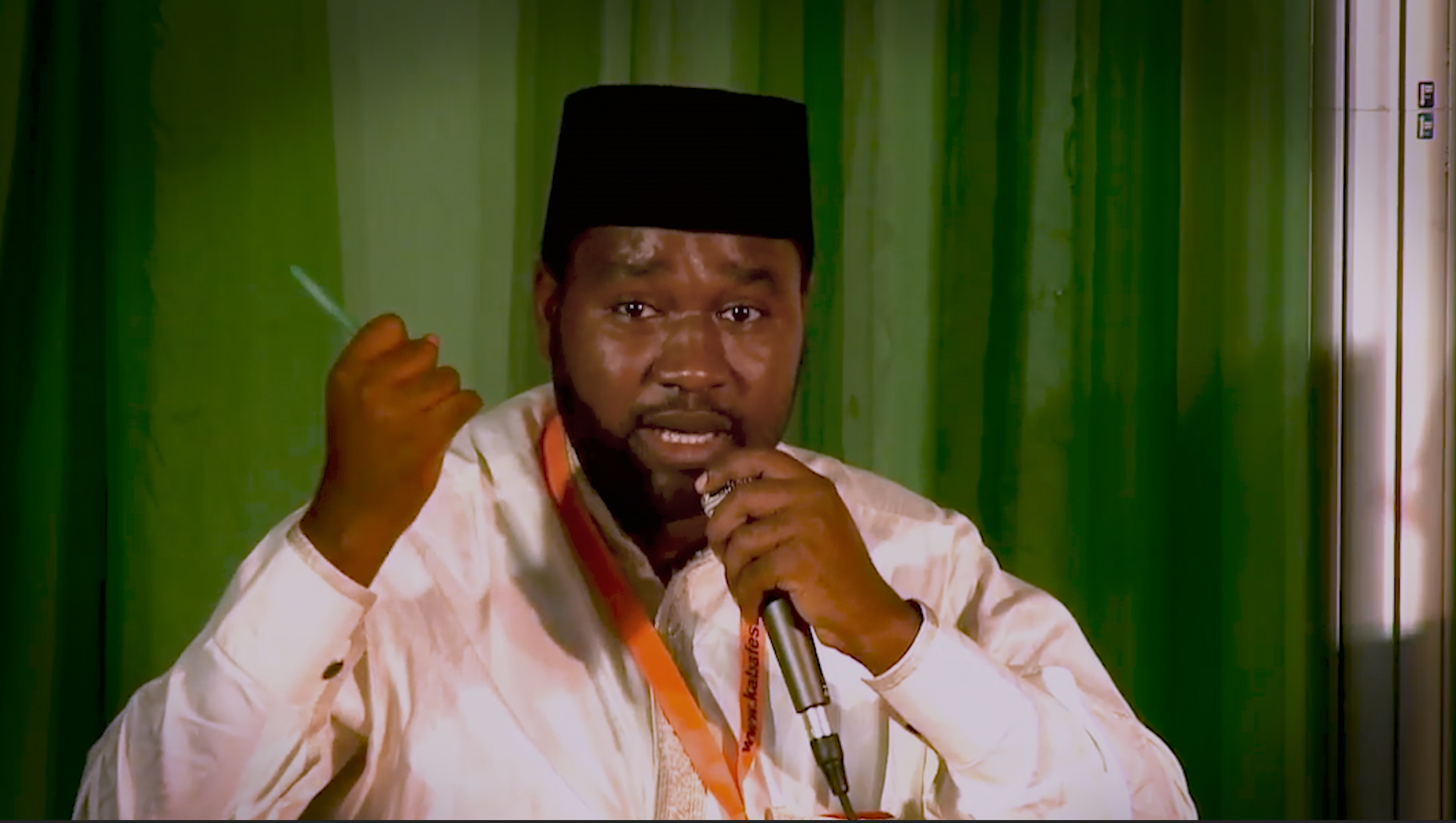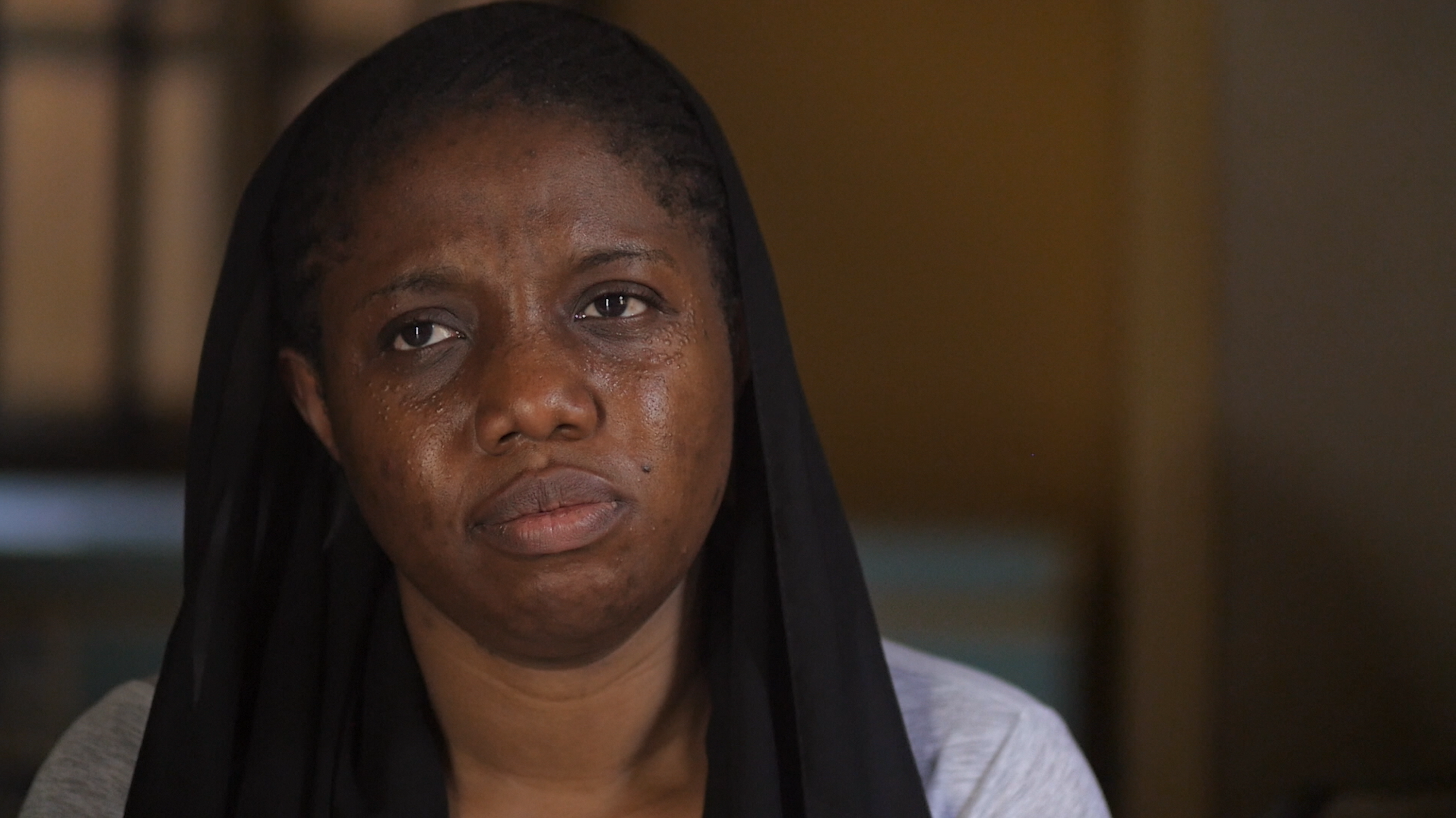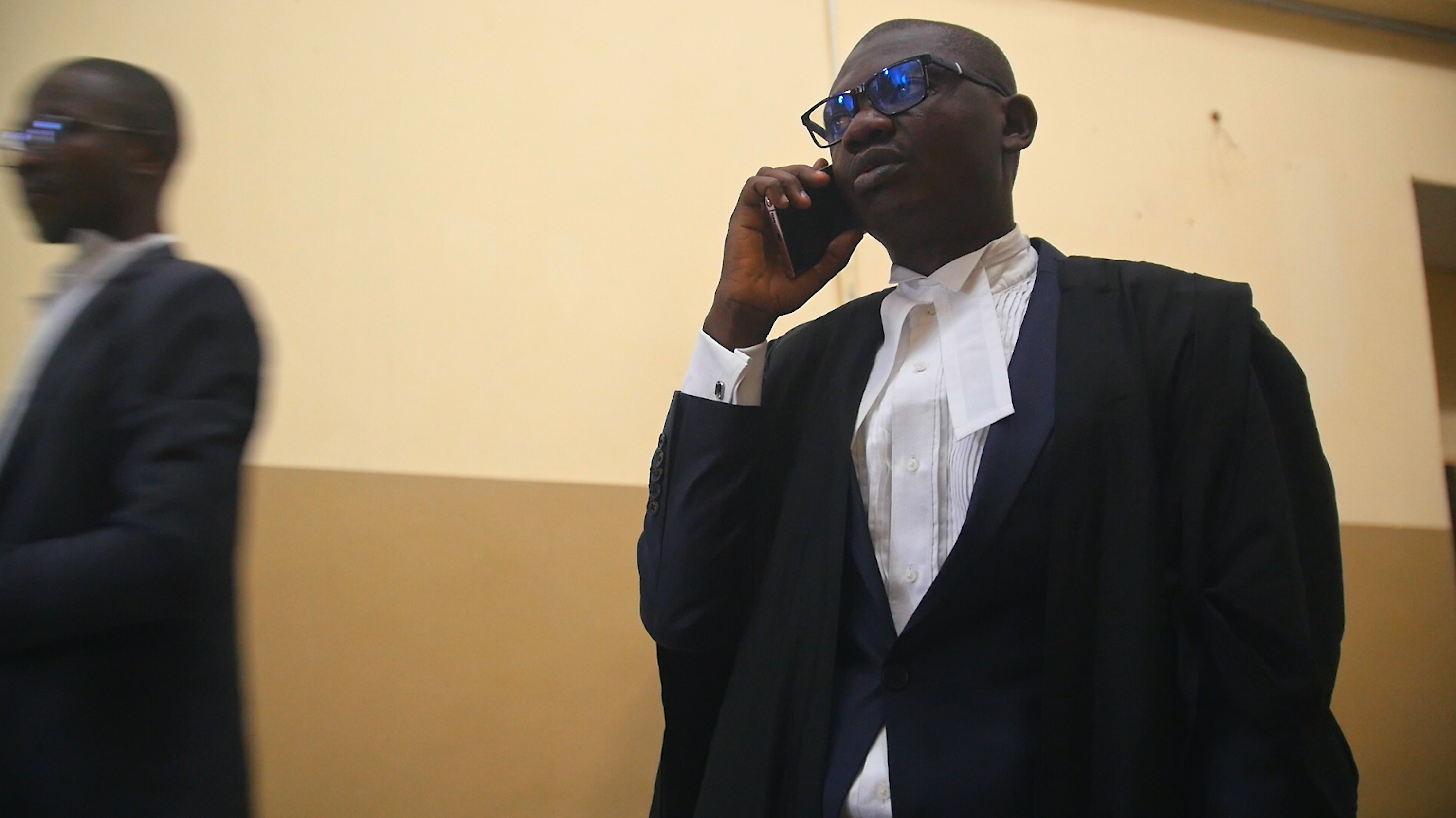BN TV
This BBC Africa Documentary takes a Close Look at the Mubarak Bala Case & Atheism in Nigeria | WATCH

Mubarak Bala | Photo Credit: BBC Africa
In June 2014, Mubarak Bala said on Twitter that now that he’s an atheist, he’s realised that all religions in the world are “like a real-life maze.”
In that same year, there were many stories about how Mubarak Bala’s family put him in a mental hospital after he denounced Islam. Mubarak said that people had threatened to kill him after he declared himself an atheist. BBC Africa later learned that he was arrested in April 2020. It caused quite a bit of controversy on social media.
After pleading guilty to charges related to blaspheming Islam, he was given a 24-year prison sentence. Bala Mubarak was sentenced under Sections 210 and 114 of Kano State’s penal code.
Section 210 prohibits any act that insults any religion or incites contempt for any religion and; Section 114 prohibits any act done with intent to cause or which is likely to cause a breach of the peace.
This brought new attention to the threats to freedom of religion and speech in Nigeria.
See more on Mubarak Bala’s story here.
In a new BBC Africa documentary titled “The Cost of Being an Atheist,” British-Nigerian journalist Yemisi Adegoke investigates Bala’s case. She speaks with his wife and lawyer – James Ibor – and reveals the effects of his sentence on other atheists who are now living in fear throughout Nigeria at a time when religious violence is on the rise. She also talks to people who are offended by those who speak out against religion.

Mubarak Bala’s wife, Amina | Photo Credit: BBC Africa
“The Cost of Being An Atheist” explores the legal issues surrounding blasphemy laws in Nigeria.
It features human rights lawyer, Adeola Oyinlade, who explains the uniqueness of Bala’s case. He told the BBC: “We’ve not really had cases of blasphemy going to the highest court of the land.”
He further explains the challenges around blasphemy laws. He said: “In our laws, we have a Penal code that applies in the North and a Criminal code that applies in the South, that does not expressly mention blasphemy, but that looks at the ingredient of blasphemy…We don’t have a unified definition of what constitutes blasphemy in Nigeria.”
The documentary captures the shocking moment in court when Bala pleaded guilty to blasphemy charges, a decision that surprised his lawyer, James Ibor.

Mubarak Bala’s Lawyer, James Ibor | Photo Credit: BBC Africa
Speaking to BBC Africa, SS Umar, a Muslim lawyer based in the northern state who wrote the petition that led to the arrest of Bala, said: “Fair comments are within the law, insult is extending boundaries… Reading all these posts makes me unhappy. He (Bala) crosses the line touching someone (Prophet Muhammad) that they hold dear, more than their mothers and fathers, more than anything in the world.”
A former Christian and founder of the Humanist Association of Nigeria, Leo Igwe, spoke to BBC Africa about his experience being an atheist in southern Nigeria. He said: “Religion plays a role in the everyday life of Nigerians. If you are the free-thinking type, life becomes a struggle.” On his relationship with Bala, he added: “Listening to him gave me hope, it let me have this sense of fulfilment… then we started working together until he was arrested in 2020.”
Another atheist and former Christian also shared her views on being vocal about atheism. She said: “You don’t have to come out, I am an advocate of that. If you’re still dependent on your boss to pay your salary why do you have to tell your boss ‘No, I won’t pray.’ But for how long, and to what extent?”
“Despite being a minority in Nigeria, many atheists face discrimination, harassment and persecution not only in the predominantly Muslim north of the country but also in the majority-Christian south,” BBC Africa reports.
Watch the documentary below for an in-depth look at the case of Mubarak Bala and what it means to be an atheist in Nigeria:





















